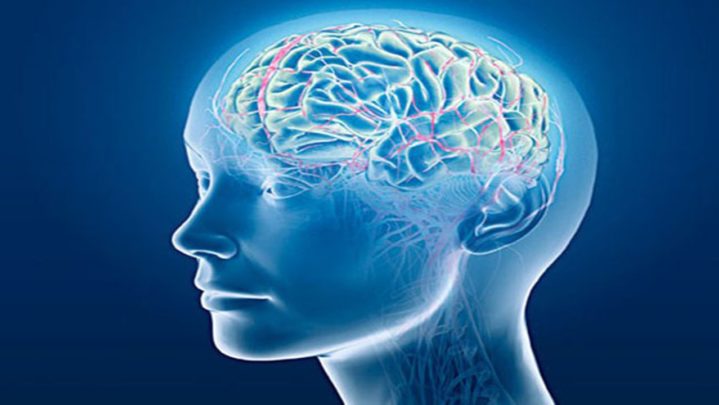Focus Attention
Attention is one of the primary components of memory. In order to move information from short-term memory to long-term memory, we need to pay close attention to it. Study on TV, music, or any other place without distractions. Distractions can be difficult to get rid of, especially if you are surrounded by noisy roommates or noisy children.
Avoid stuffing
Learning the material across multiple sessions gives you the time needed to properly process the information. Research has proved that students who study daily recognize the material far better than those who do all of their studying in one marathon session.
Structured and Organized
Researchers have found that the information in memory is organized into related clusters. 2 You can benefit from this by structuring and organizing the materials you are studying. Try grouping similar concepts and terms, or create notes and textbook summaries to group related concepts.
Using Mnemonics
Mnemonics are a commonly used technique for students to help them remember. Mnemonic is just a way to store information. For example, you can associate terms you need to remember with common subjects that you are familiar with. The best mnemonics use positive images, humor, or novelty. Make rhymes, songs, or jokes to remember specific information.
Elaborative Rehearsal
To remember information, you need to encode what you have learned into long-term memory. One of the most effective coding techniques is known as an elaborate rehearsal. An example of this technique is to read the definition of an important term, look up the definition of that term, and then read a more thorough explanation of the meaning of that term. If you repeat this process several times, you will find that getting the information is much easier.
Also Read: How Can Hiding Your Feelings Harm Yourself?





